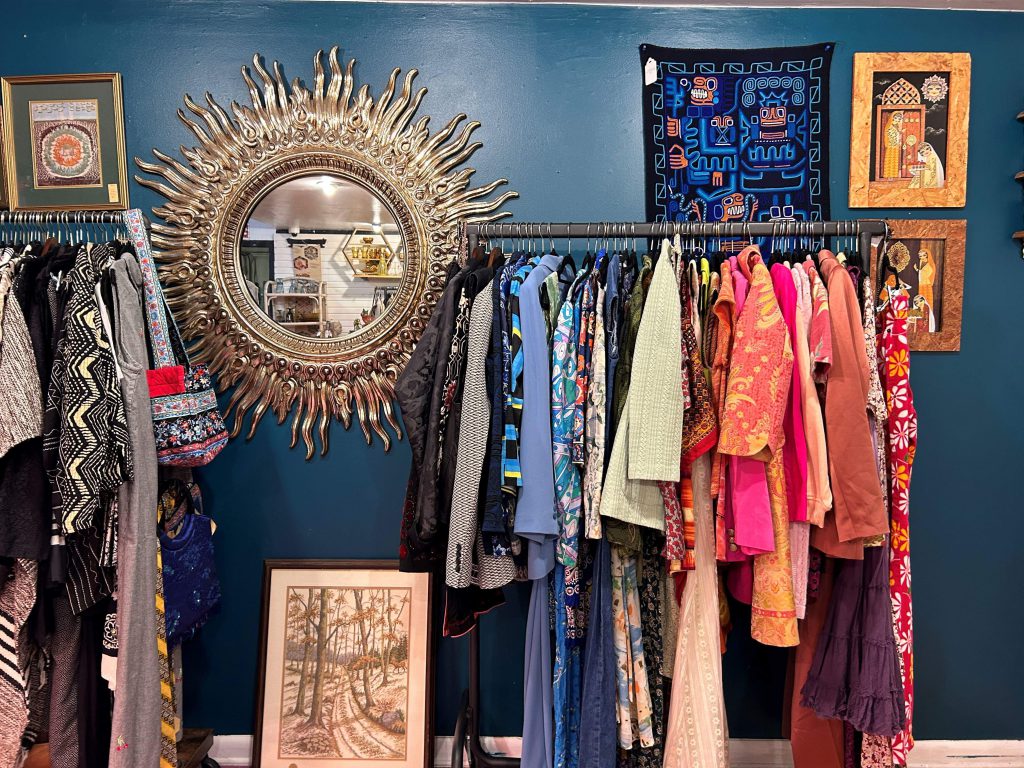
EMILY GIBSON
Staff Writer
The media can be seen as a buffet of expectations, stereotypes, morals and hypocrisy where people are allowed to pick and choose which rules apply to each particular situation. Most of the time, the objects of scrutiny seem random. What makes me angry, and why I am writing this article, is because there is an unequal distribution of hostility between males and females.
Women are often exploited, studied, and reprimanded more harshly than men. I am not saying that there are not issues surrounding the portrayal and treatment of men in the media, but double standards exist where morals are applied more leniently to males.
“Female sexuality is more studied than male sexuality,” said English and Women and Gender Studies professor Dr. Susan Larkin, “And it is definitely more stigmatized.”
When it comes to live performances, the lines between what is acceptable and what is offensive are thin and nonsensical. For a generation that applauds the shocking and embraces the weird, we certainly love to criticize.
At the 2013 Video and Music Awards, for example, Miley Cyrus was hung out to dry in front of millions for the raunchy performance of her song “We Can’t Stop.” Admittedly, the performance was scandalous, which I’m sure Cyrus knew going into it, but the scrutiny she has faced exhibits double standards and hypocrisy.
While most tabloid magazines are posting articles about Miley’s “train wreck” and the masses are thoroughly enjoying ganging up on her, Robin Thicke slides through the press for the most part unscathed. Many people are forgetting to note that Thicke joined Cyrus on stage to sing his hit “Blurred Lines.”
Thicke’s hit song tries to send the message that there are “blurred lines” between consent and non-consent when it comes to sex.
It seems that men and women have been forced into stereotypes where it is more acceptable for a man to be blatantly sexual than for a woman. Somehow, women are expected to be sexy without ever actually being sexual.
“The media always comes at women really hard saying, ‘Oh, you guys are nasty.’ But men can have their shirts off and you are supposed to think, ‘Oh he’s hot,’ said junior and Women and Gender Studies major Sarah Nwokorie. “So that double standard definitely exists there.”
When it comes to situations like Miley Cyrus and Robin Thicke’s at the 2013 VMAs, the media decided it is offensive and wrong for Cyrus to act the way she did, while Thicke’s behavior was accepted, expected and didn’t cause the same uproar.
The backlash Cyrus has experienced for her performance makes it seem that the media is a conservative place where a woman’s sexual nature is blanketed and taboo. In reality, women are constantly over sexualized in television, advertisements and movies to such an extent that the general public is desensitized to it.
Women are presented with an image of what they are supposed to be: sexy without being sexual, modest without being prude, wild without being offensive. I have never met such a woman, but I am sure she is a fearsome thing to behold.
wPrecedent tells us that women’s bodies sell products but women should not flaunt themselves. Precedent tells us that it is okay for men to be stereotyped into being sexual and risqué without having to face the same repercussions and ridicule as women. But with every day, these precedents are being diminished. Someday, hopefully soon, the media will look on all people through the same lens and these double standards will be diminished.

